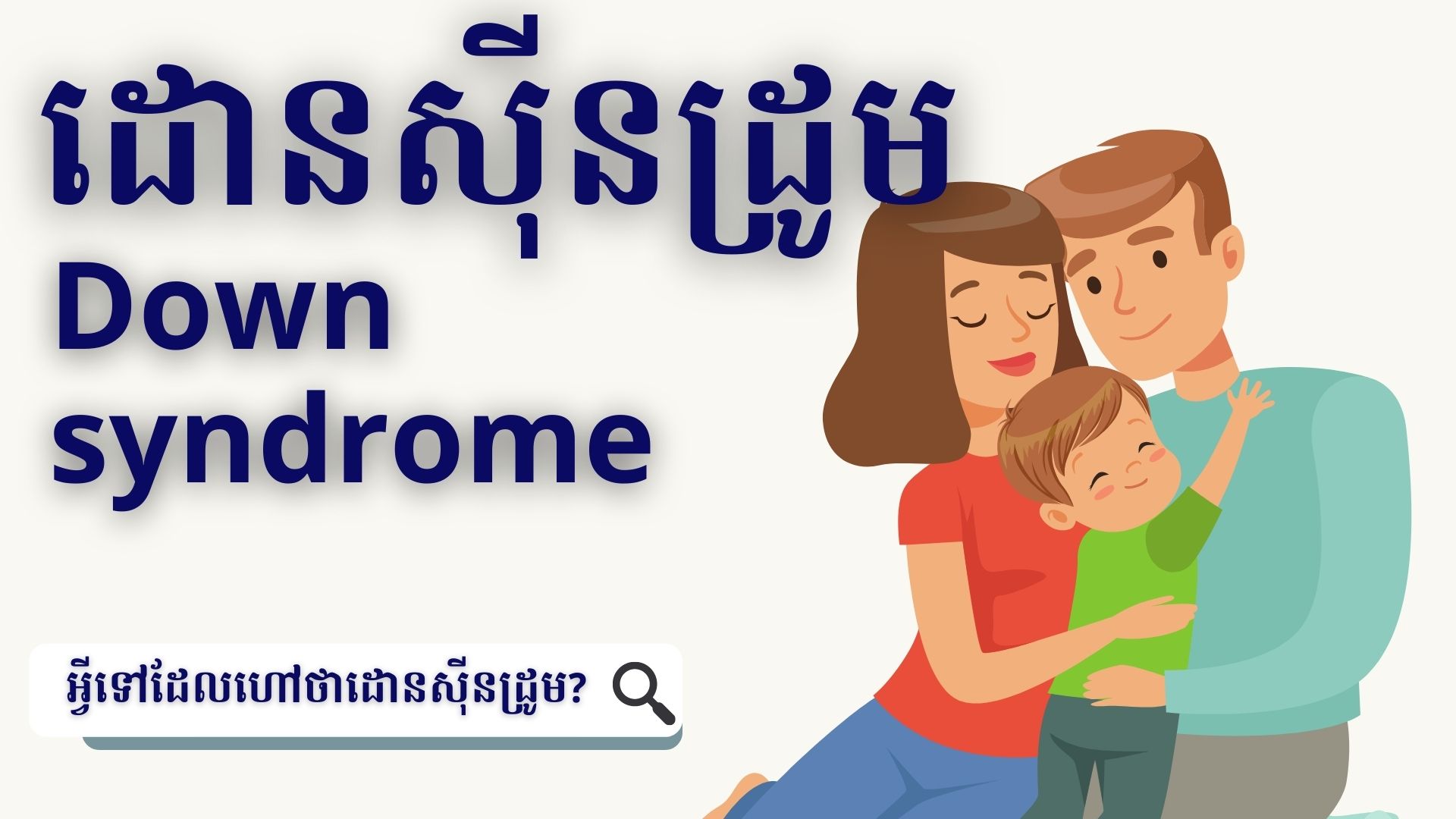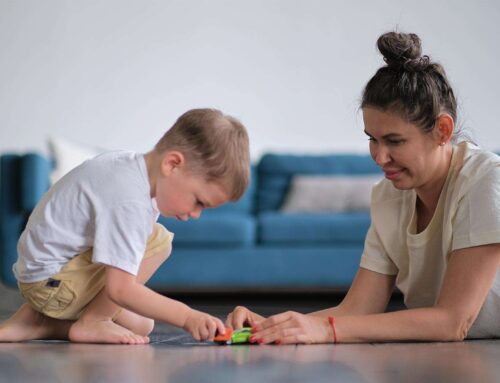The most common term for Down syndrome in Khmer is “ដោនស៊ីនដ្រូម,” pronounced “down-seen-drom.” It directly translates to “extra chromosome twenty-one,” reflecting the chromosomal cause of the condition. This term is generally considered neutral and widely understood throughout Cambodia.
Alternative terms exist, each with its own nuances:
- “កូនមានបញ្ហាក្រោមូសូម,” meaning “child with chromosomal problems,” can be seen as broader and less specific.
- “កូនខាងក្រោម,” literally “children downstairs,” carries historical connotations of disability being “lower” or different. While still used in some areas, it’s important to be aware of its potential implications.
Choosing the Right Words:
The appropriate term to use depends on the context and audience. When engaging with families or individuals affected by Down syndrome, using “ដោនស៊ីនដ្រូម” or simply “Down syndrome” in English, understood by many Cambodians, is generally most respectful. In medical or educational settings, specific terms like “Trisomy 21” may be used for professional clarity.
Sensitivity and Awareness:
Regardless of the chosen term, it’s essential to avoid language that perpetuates negative stereotypes or diminishes the individual’s worth. Terms like “retarded” or “mentally handicapped” are outdated and offensive and should be avoided. Focusing on the person’s abilities and individuality is paramount.
Ultimately, labels are just starting points for understanding. Recognizing the unique experiences and potential of each individual with Down syndrome, regardless of chosen terminology, is crucial. Celebrating their strengths, promoting inclusion, and providing access to necessary support are far more important than simply using the “correct” phrase.





Leave A Comment